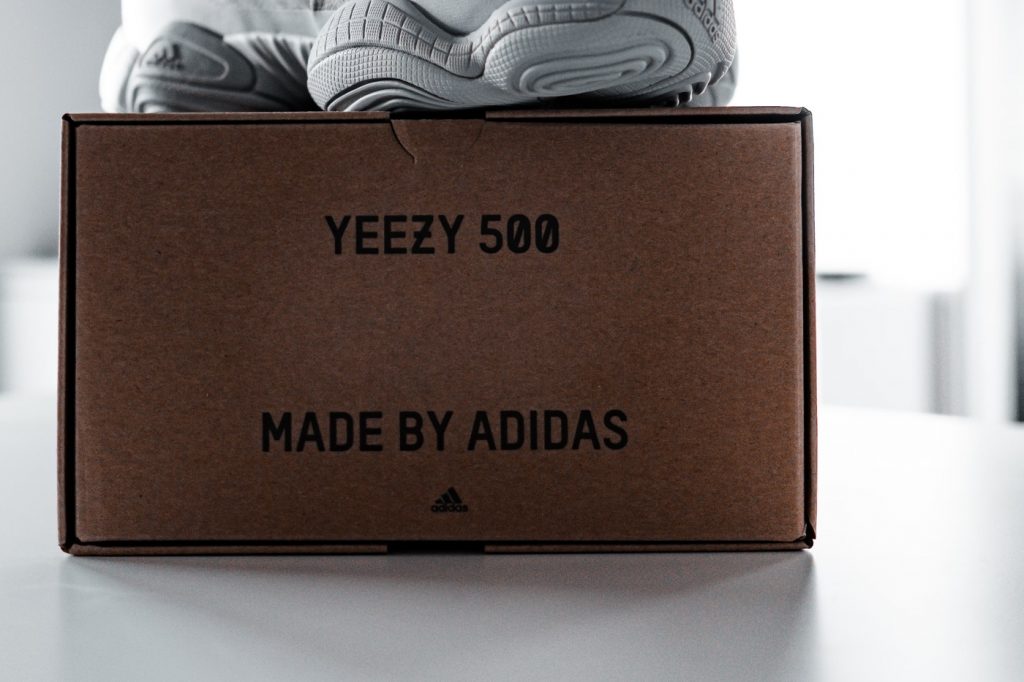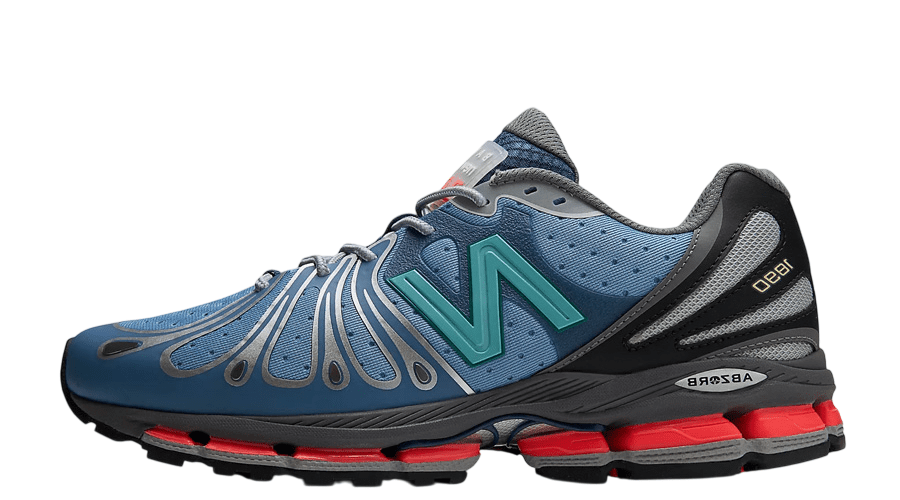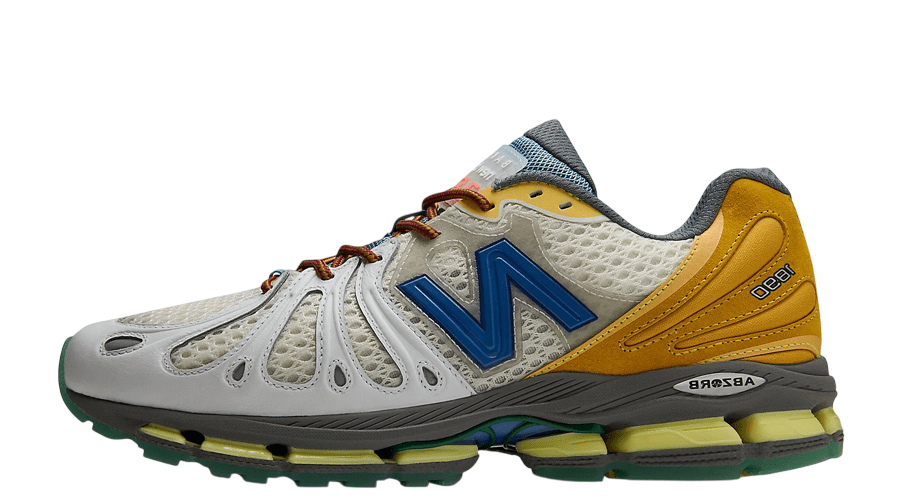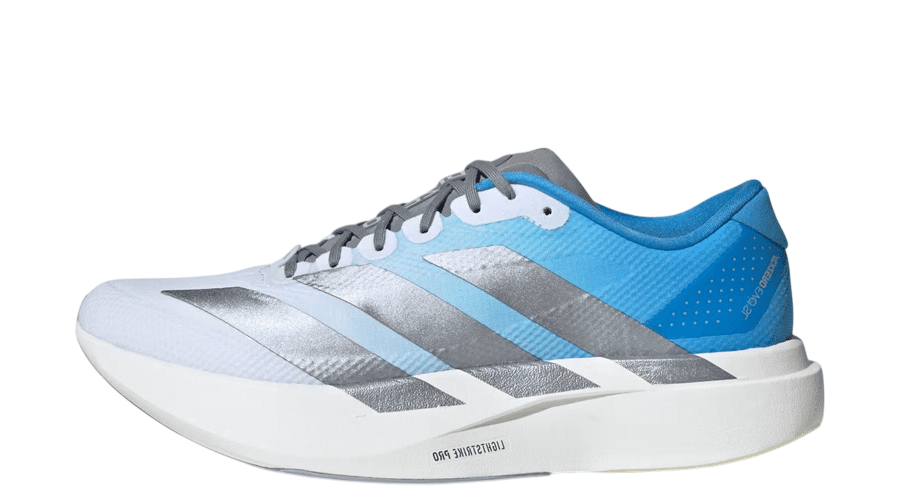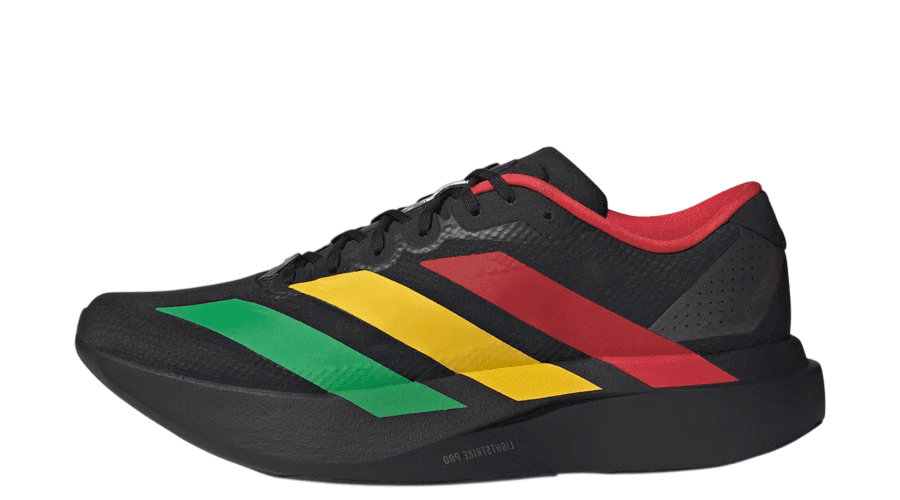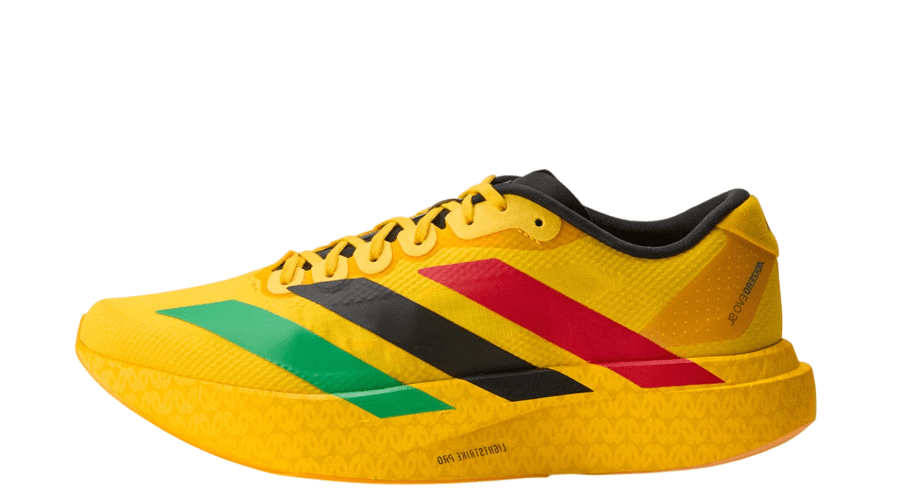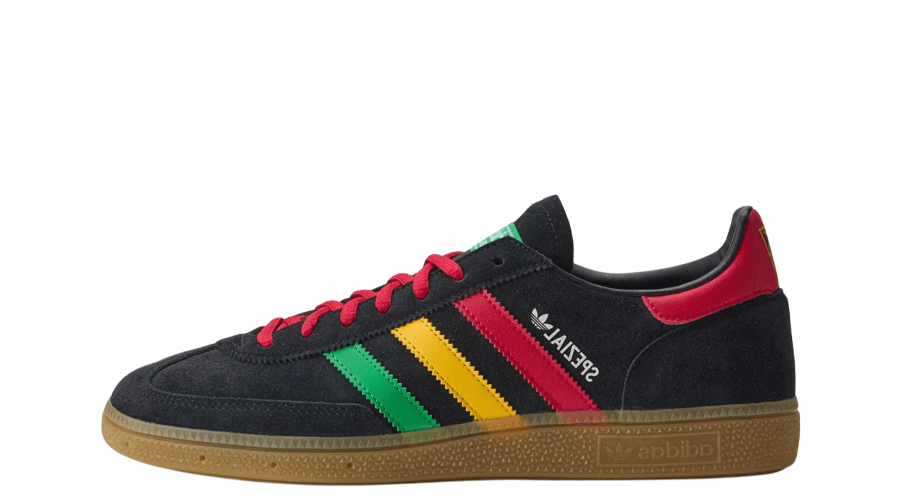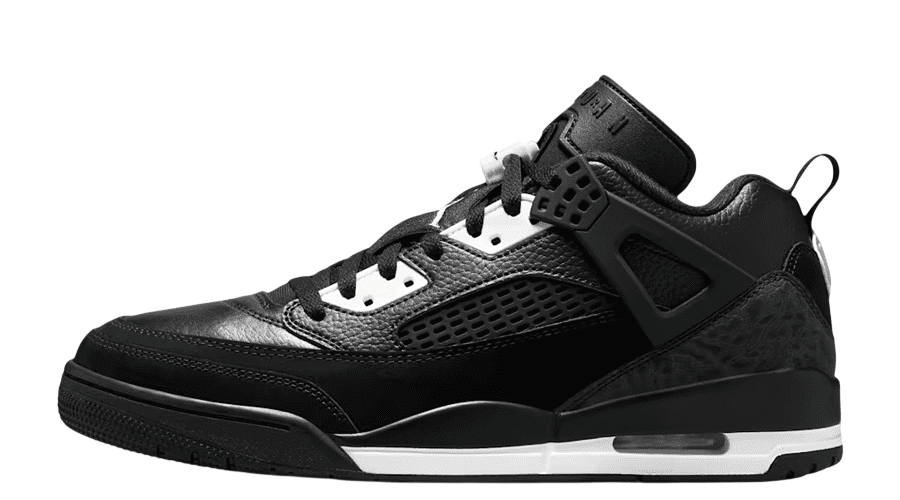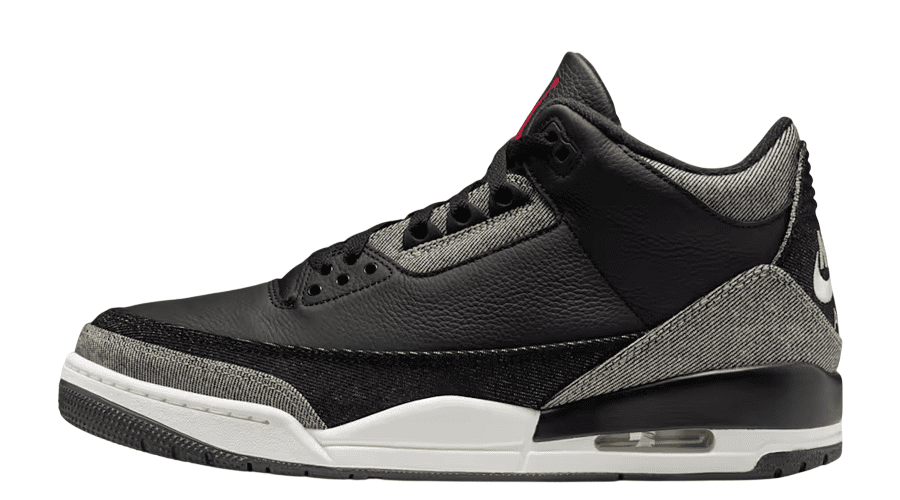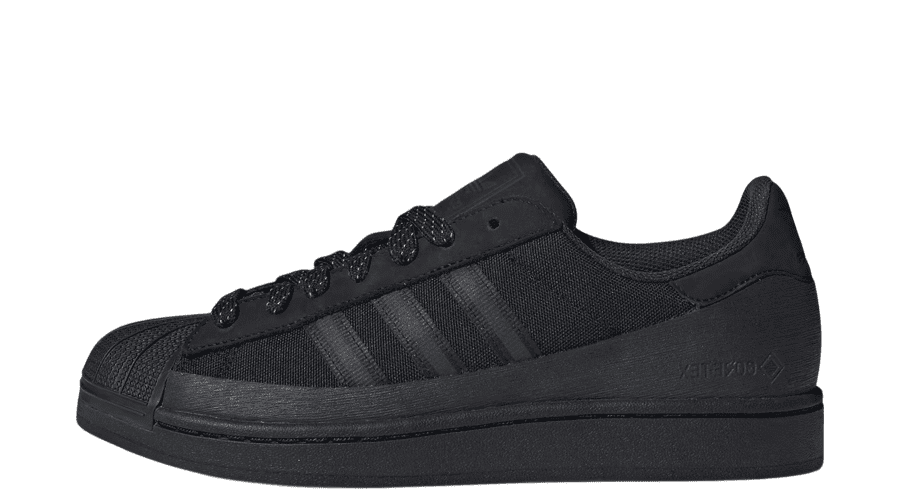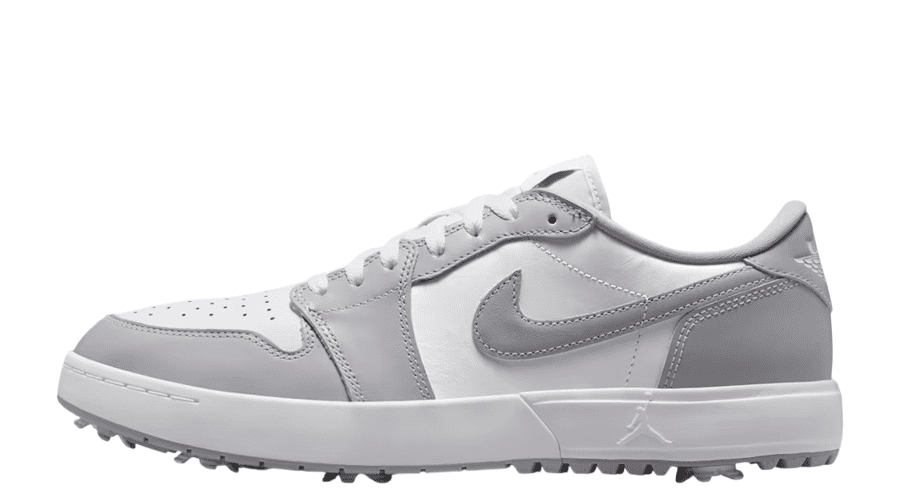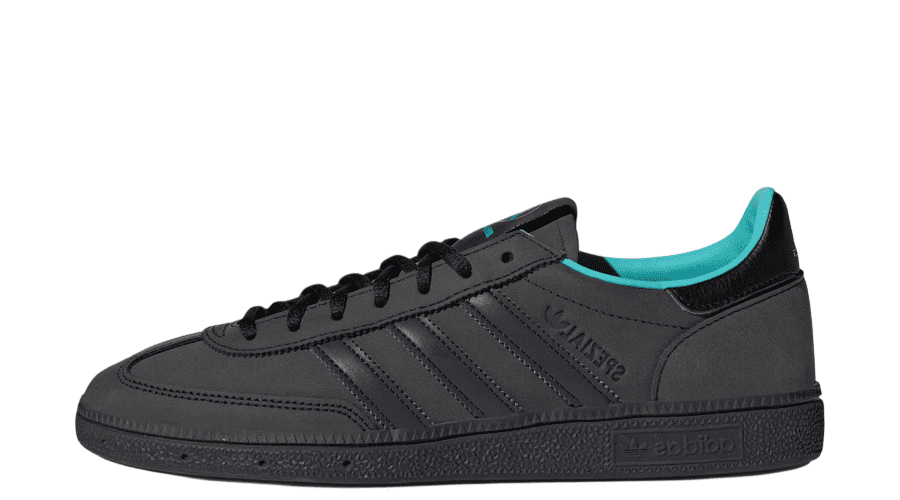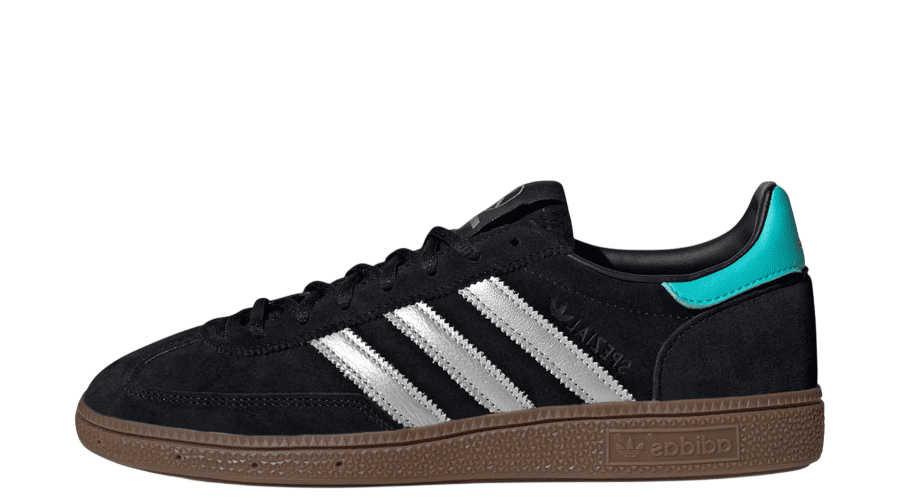Is it Safe to Buy Sneakers on Facebook Marketplace?
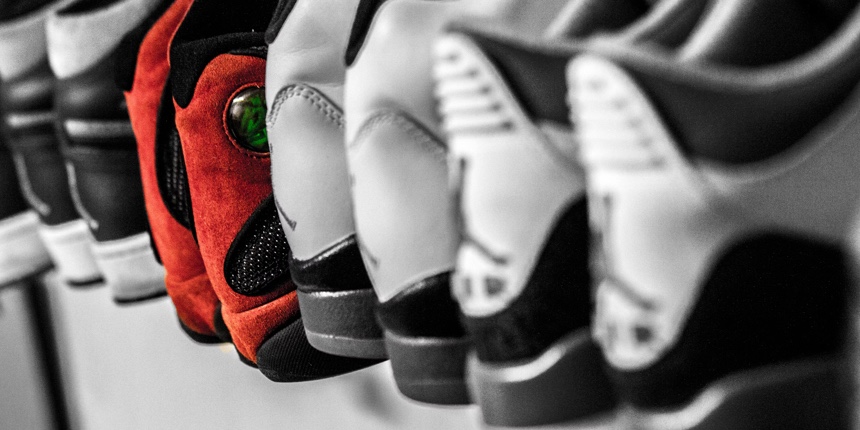
In the realm of online shopping, sneaker fans are always on the hunt for websites where they can find a good deal for their next pair of trainers. Platforms like eBay, GOAT, and StockX are definitely the most popular ones out there, but recently, Facebook Marketplace has emerged as a worthy contender, brimming with listings that range from the latest drops to vintage classics.
But the big question for many is: How safe is it to buy sneakers here? In this in-depth article by Captain Creps, we’ll be shedding light on Facebook Marketplace, exploring its potential for trainer enthusiasts, and answering a bunch of frequently asked questions. So, let’s dive right in!
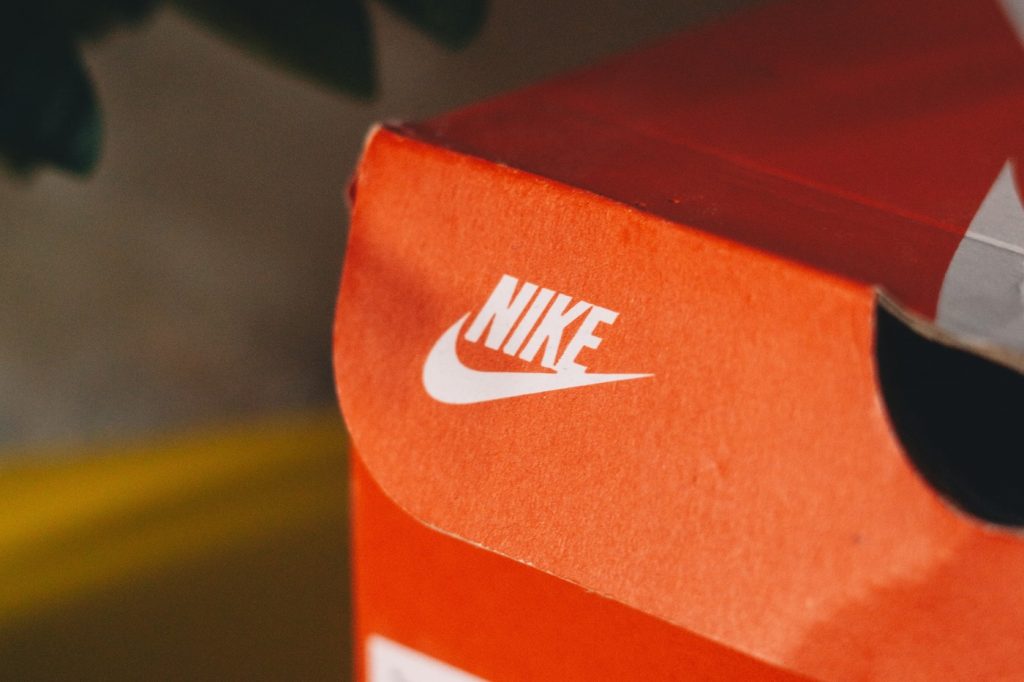
What is Facebook Marketplace?
A cornerstone of the social media giant, Facebook Marketplace has rapidly evolved from a casual selling spot into a bustling hub for sneaker transactions. It’s a feature within Facebook that allows users to discover, buy, and sell items with people in their community and beyond. Its accessibility and direct line of communication between buyers and sellers make it an attractive venue for sneaker enthusiasts looking for their next cop.
The appeal of this platform lies not just in its vast selection but in the unique shopping experience it offers. Buyers are drawn to the Marketplace for several reasons. Firstly, it presents the opportunity to find sneakers at competitive prices, often below retail or reseller markets. This is especially true for rare finds or sold-out models, which can appear on the Marketplace shortly after release.
Moreover, the direct communication channel between buyers and sellers fosters transparency and trust, aspects that are crucial when dealing with high-value items like limited edition kicks. This personal interaction allows for detailed enquiries about the condition, authenticity, and history of the trainers, enabling informed purchasing decisions.
Another significant draw is the sense of community Facebook Marketplace nurtures among sneaker lovers. It’s a platform where transactions go beyond mere exchange of goods; it’s about connecting with individuals who share a passion for sneaker culture. This communal aspect enriches the shopping experience, making it more engaging and fulfilling.
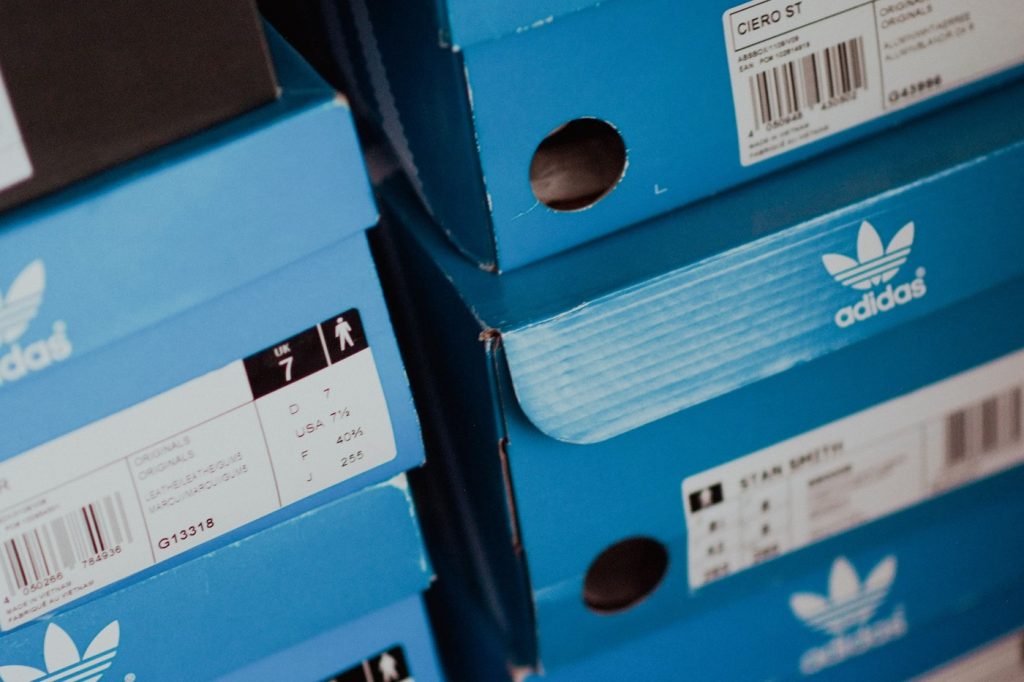
What Are Some Red Flags to Look Out for?
The excitement of finding a great deal on sneakers online can sometimes lead to overlooking critical red flags that signal scams, counterfeit products, or other transaction issues. Scammers on Facebook Marketplace have honed their tactics, often presenting deals that seem too good to pass up. They might use fake profiles filled with attractive listings at prices significantly lower than retail, specifically targeting sneaker enthusiasts eager for a rare find.
Red Flags to Look Out for:
- Prices significantly below market value: Especially for rare or in-demand sneakers, unusually low prices can indicate counterfeit products or scams.
- Seller’s profile lacks detail or history: New accounts or those with little to no previous activity might be set up for scamming purposes.
- Vague or generic product descriptions: Authentic high-value sneakers usually come with detailed, specific descriptions.
- Refusal to provide additional photos: Sellers unwilling to offer more images upon request might be hiding product flaws or counterfeits.
- Insistence on unsecured payment methods: A push for payment methods without buyer protection should raise suspicions.
- Poor quality of interaction: Evasion or reluctance to share detailed product history or proof of purchase can be indicative of dishonest intentions.
Ensuring the deal is legitimate involves a keen eye for details that seem off. Price points that undercut the market significantly, especially for in-demand or limited edition shoes, should prompt a deeper investigation into the seller’s credibility and the item’s authenticity. The quality of interaction with the seller can also be telling; evasion or reluctance to share detailed product history, proof of purchase, or additional verification photos should raise concerns.
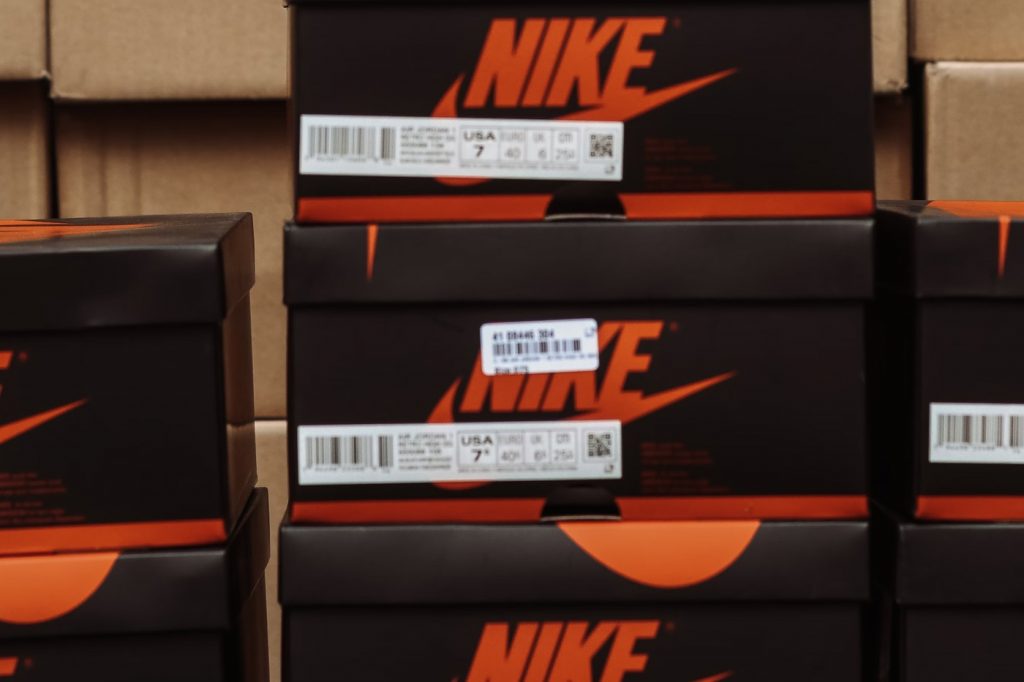
How Can You Verify the Authenticity of Sneakers?
Authenticating sneakers in an online marketplace demands a proactive approach. Below are some key steps to take when considering a purchase on Facebook Marketplace:
- What questions should you ask the seller? Begin by enquiring about the sneakers’ history, their condition, and if there’s any proof of purchase. Detailed stories and documentation can be signs of genuine listings.
- What photos should you request? Ask for high-resolution images from multiple angles. Pay special attention to areas like the soles, labels, stitching, and unique design features, as these can offer clues about authenticity.
- How can transparency from the seller help? A seller’s willingness to provide comprehensive details and additional photos upon request is a good indicator of a legitimate offer. Transparency about the product’s history and condition is crucial.
What Apps Can Assist in Legit Checking Sneakers?
To further safeguard your purchases, consider using dedicated apps that specialise in verifying the authenticity of sneakers. These services combine expert knowledge with technology to provide an added layer of security:
- CheckCheck: How quickly can it verify authenticity? This app provides expert analysis, usually delivering a verdict within a few minutes.
- Legit App: What makes it reliable? It draws on the expertise of sneaker specialists who review submitted photos to determine authenticity.
- Sneaker Con: Why trust this app? Endorsed by a leading name in the sneaker community, it offers a thorough authentication process for buyers and sellers alike.
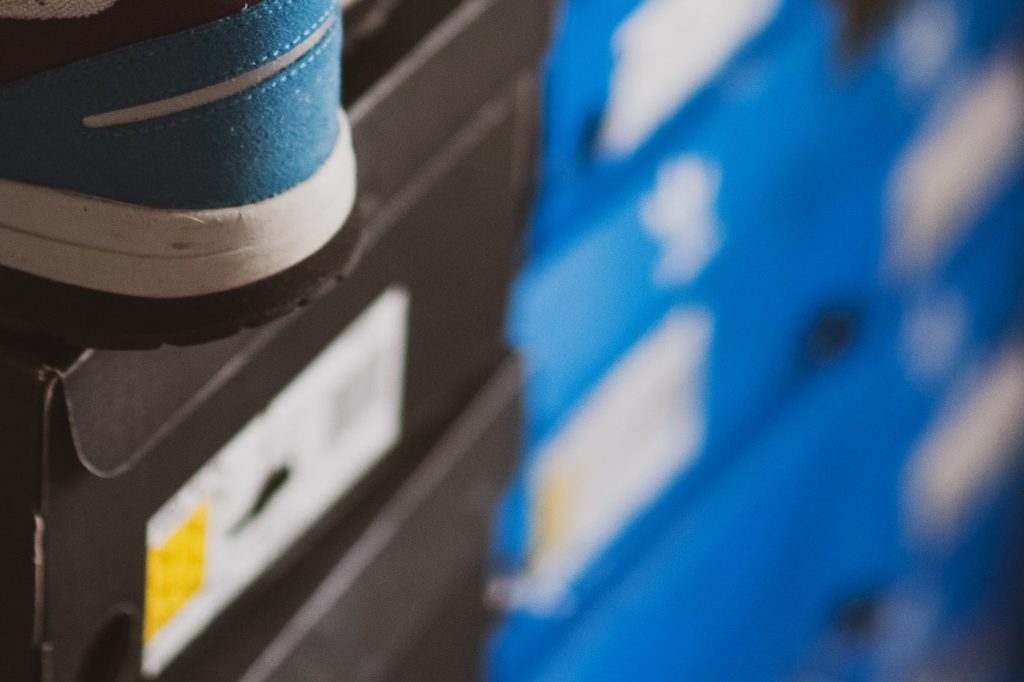
What Are the Safest Payment Methods for Transactions?
To minimise risks and protect your finances, choosing the right payment method is crucial. Here’s what you should consider:
- Use platform-integrated payment systems: Facebook Marketplace’s integrated payment system offers a layer of security by keeping transactions within the platform. It’s designed to protect both buyers and sellers.
- Opt for secure payment services: Services like PayPal (especially using the ‘Goods and Services’ option) provide buyer protection, allowing you to dispute transactions if the goods are not as described or if you encounter fraudulent sellers.
- Avoid cash or wire transfers: These methods offer little to no recourse in the event of a scam. Stick to payment options that have built-in protection features.
How Can Facebook Groups and Communities Enhance Purchase Safety?
Joining sneaker or brand-specific communities on Facebook can greatly enhance the security of your purchases. Here’s how:
- Peer reviews and seller history: Communities often have feedback systems where members share their experiences with sellers, helping you identify reputable ones.
- Authenticity checks: Some groups offer services or advice for authenticating sneakers, providing an additional layer of verification before you commit to a purchase.
- Community support: In case of disputes or issues, community members can offer advice or assist in resolving problems, including navigating the process of dealing with scams or counterfeit goods.
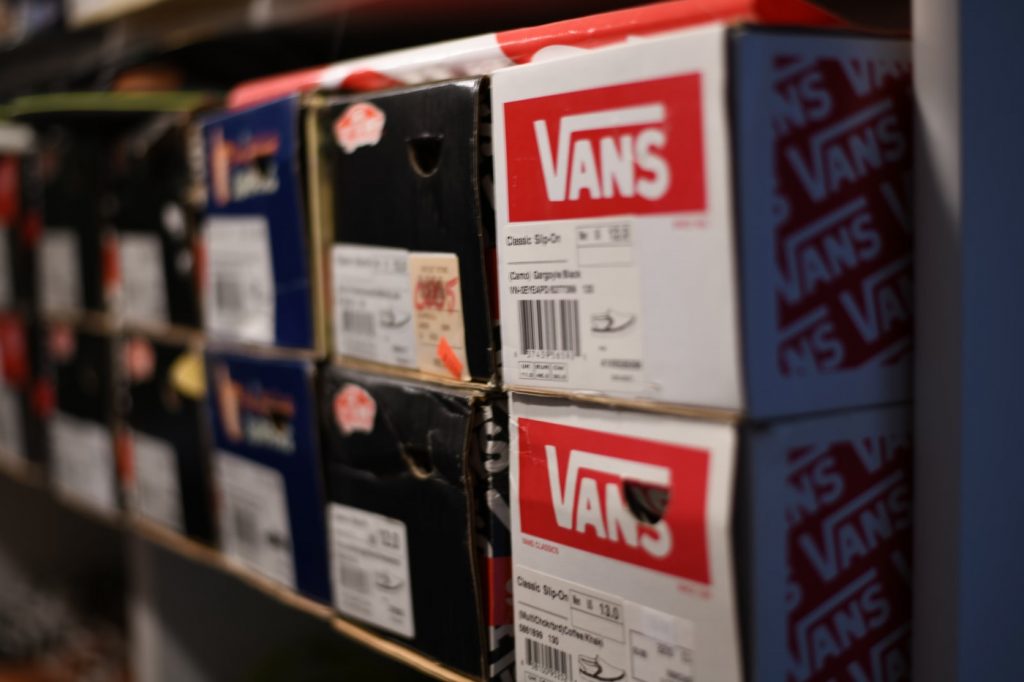
What Should You Do If Things Go Wrong?
Even with precautions, things can sometimes take an unexpected turn. Here are practical steps to follow if you’re faced with a scam, receive counterfeit sneakers, or need to address issues with a seller:
- Report to Facebook Marketplace: Immediate action should be to report the seller or the listing to Facebook Marketplace. Be clear in your report if you suspect counterfeit goods or a scam. Facebook has mechanisms to deal with such infringements, including removing listings and banning users who breach the platform’s policies.
- Initiate a dispute with your payment provider: For transactions made through secure payment services like PayPal’s ‘Goods and Services,’ you have the option to dispute the charge. Outline the issue, whether it’s receiving counterfeit sneakers or the seller’s failure to ship, and back up your dispute with evidence such as screenshots of conversations and photos.
- Consult sneaker communities: Leverage online sneaker forums or groups for guidance. These communities can be a rich source of advice on dealing with issues around counterfeit sneakers and can sometimes offer suggestions for securing a refund.
- Share your experience: Once you’ve navigated through the issue, consider sharing your experience in relevant communities. Doing so can help others identify and avoid similar pitfalls, contributing to a safer buying environment for the sneaker community.
The Bottom Line
Can you trust buying sneakers on Facebook Marketplace? It’s a bit of a mixed bag. Yes, you can find some awesome deals and rare kicks there, but you’ve also got to watch out for fakes and scams. The trick is to be smart about it – check out the seller’s history, ask for loads of photos, and stick to payment methods that protect you if things go south. Remember, if an offer appears too good to be true, it likely is, and proceeding with caution can save you from falling victim to an online scam or purchasing counterfeit sneakers.
And don’t forget about using those sneaker authenticity apps or getting advice from online sneaker groups. They’re a big help. So, yeah, shopping for sneakers on Facebook Marketplace can be safe, but only if you do your homework and stay sharp. It’s all about shopping smart.
